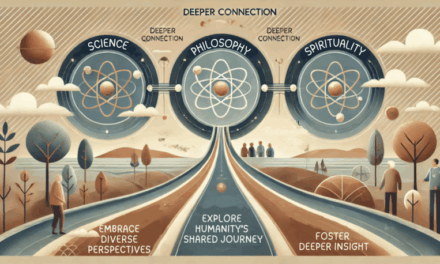It can be helpful, from time to time, to try and articulate just what it is that we believe, and why we believe it.
Here’s my attempt in July 2017, after hearing a presentation to the Folkestone Rainbow Centre Annual Meeting by The Venerable Paul Hackwood, Leader of the Church Urban Fund.
- All my studies of the Bible, starting with my University Course in Christian Theology in 1961, but continuing ever since, have led me to believe that Jesus’ passion was for the kingdom of God – a world in which compassion, freedom and love for all could flourish
- Reading James Allison, Rene Girard, Fr Andrew Marr and others has shown me that the correctness of Jesus’ imagining of God’s true and pacific nature was evidenced by the resurrection, which energised and inspired his followers and those they touched to create congregations of followers and to write the New Testament.
- Tom Wright, Marcus Borg, John Dominic Crossan and others have shown that in understanding Jesus’ message, his followers saw that there were strands throughout the Jewish Bible that pointed towards this understanding of God.
- It is reasonable to suppose that as the followers of Christ grew and flourished in their faith, the basic human nature of creating institutions and societies started to function, and hierarchies and rules began to appear. This can be detected in the trajectory of the New Testament if it is read in chronological order.
- After Constantine embraced the Christian Faith, the church became a powerful Human institution in which the Holy Spirit, whilst still active, was often overruled by human sinfulness as can be seen clearly in its history.
- It is a matter of faith for me that the Holy Spirit is alive and active in the world, waiting for people of goodwill to join him
- Historical research points to Jesus as a historical figure, living and teaching in the context of his world. Common sense, as well as modern strands in Social Science research suggest that his words should thus be heard in that context.
- The Holy Spirit, however, is living and working in all human contexts, and so the message of Jesus is joined by other voices through which the Creator God communicates with those who have ears to hear.
- The church, therefore, is needs to understand its role in today’s context, whilst being true to the precepts of Jesus’ passion and teaching – a world in which compassion, freedom and love for all can flourish.
- Unfortunately, by emphasising the church’s identity as the sole bearers of truth, and Christians as the “true” believers, it tends to add to the division and injustice in the world, whilst proclaiming the need for the opposite. (See “Inter Group Hostility”)





